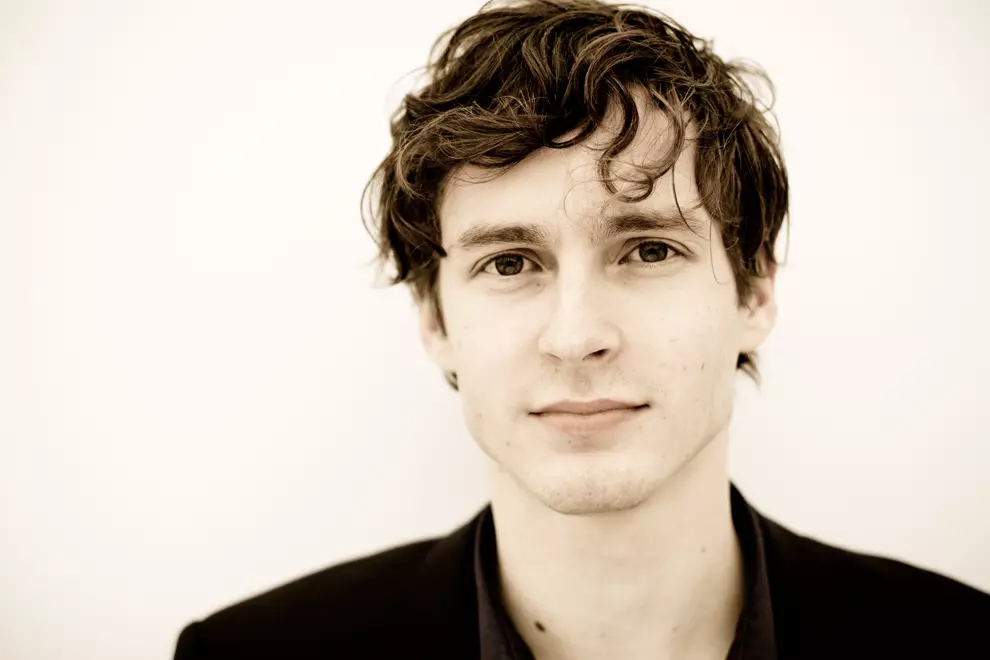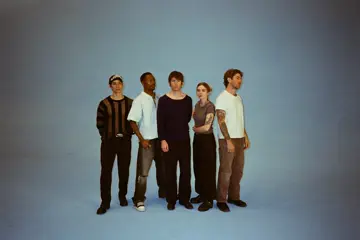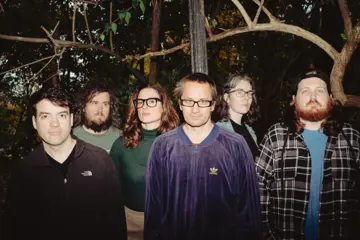“Sydney Chamber Opera asked me if I wanted to do a chamber opera by Philip Glass. I thought, 'Yeah, great, I want to do anything that Philip Glass is involved with.'”
Before hearing the opera, reading the libretto, written by Rudolph Wurlitzer, or reading the Franz Kafka short story on which both are based, Imara Savage was certain she wanted to direct the Australian premiere production of In The Penal Colony.
Which raises an interesting question; if Glass' name alone was enough to pique the director's interest, why has no opera from one of the most respected names in contemporary minimalist and classical music never before graced a Sydney stage?
There is the seminal Einstein On The Beach, his operatic adaptation of David Henry Hwang's play, The Sound Of A Voice, and still more, yet according to SCO artistic director Louis Garrick, none have graced Sydney stages.
“Adelaide has had a Philip Glass opera, Melbourne has had a Philip Glass opera – it really surprises me. There's a huge market for Philip Glass in Sydney. Opera Australia have a bit of a monopoly on the art form and they would never do something by Philip Glass,” Garrick hypothesises, and, he says, that suits SCO just fine. “Looking around the scene in Sydney we found that no one is really performing any chamber operas. It was pretty clear that there was no one else in the industry that was going to take on the challenge of starting a chamber opera company with contemporary work like this.”
Now well into rehearsals for the production, Savage is relishing the opportunity.
Don't miss a beat with our FREE daily newsletter
“We studied an opera unit at NIDA and it was a form that I immediately fell in love with,” says Savage. While she has some assistant director credits to her name through work with Opera Australia, In The Penal Colony marks the first time she has taken the reins on an operatic production.
“I'm really interested in other languages, I'm interested in classics texts, I'm interested in epic forms that can blow out into mythological or magical places, I'm interested in movement and dance and I'm interested in music, musicality and rhythm, and drama – and operas seem to have all of that.” While these interests have reared their head in Savage's past directorial ventures – a guitar with Southern twang colouring the world she created for Sam Sheperd's Fool For Love at Belvoir in 2010, or the rhythmically-driven production of The Brothers Size last year for Griffin – here they all come together in a terrifying work, performed intimately on stage by just two singers, one actor and a string quintet.
Garrick, for one, shares Savage's encompassing view of the form, and says it's central to the way his company runs. “With SCO there's emphasis on compelling theatre, as opposed a night at the opera which is all about the 'event' of going to the opera; spending big money, dressing up, it doesn't matter what you see, it'll probably be some kind of empty spectacle. That's not how we view opera at all, the definition of 'opera' - the word just means 'work' - it's a coming together of different art forms.”
















